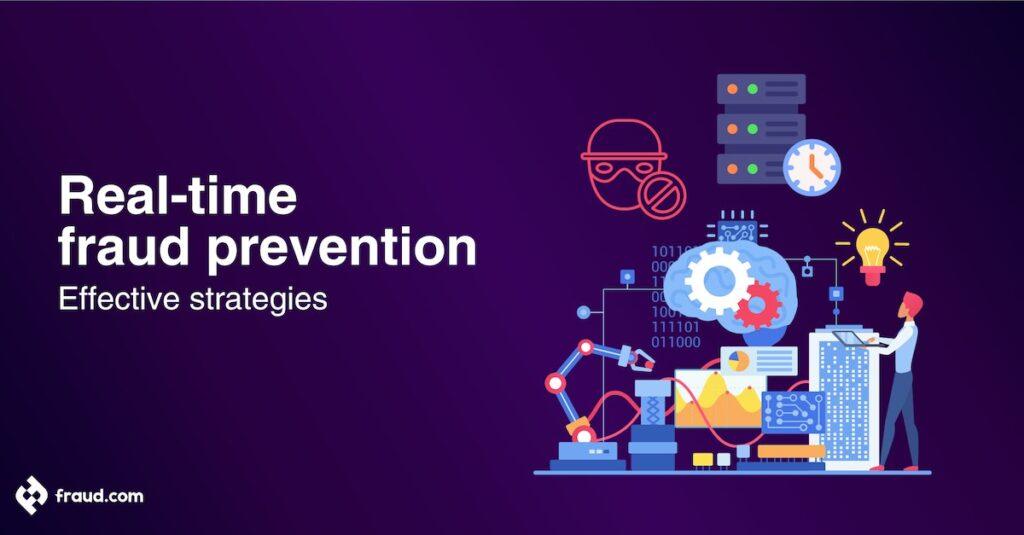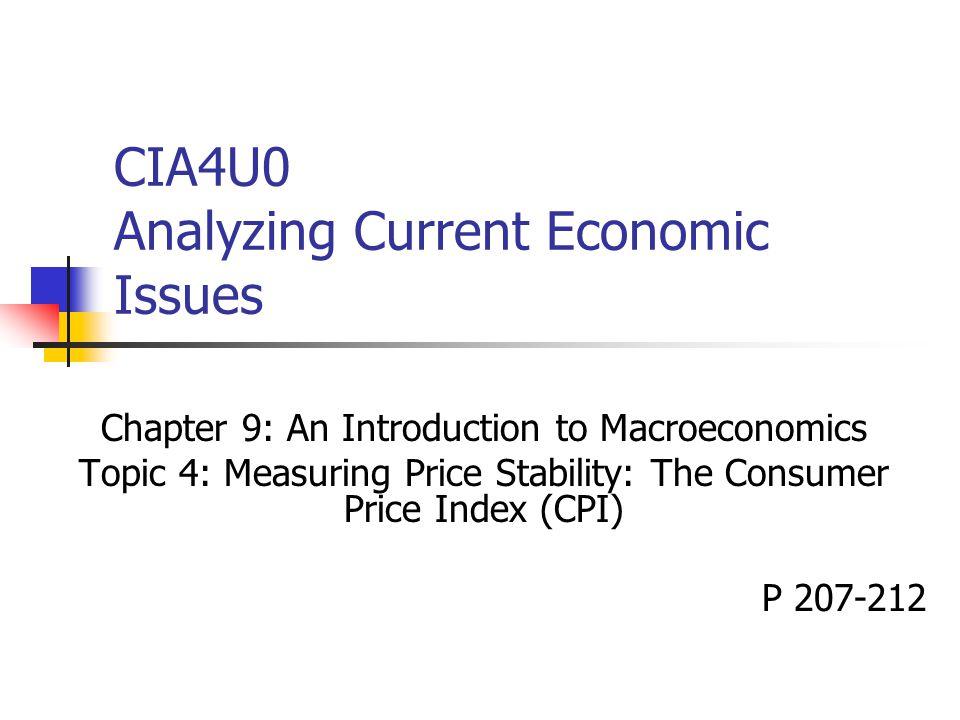In the intricate dance of global finance, the rhythm of geopolitical events sets the pace, orchestrating a symphony of risks and opportunities that echo through the corridors of credit risk management. As nations clash and alliances shift, the financial landscape becomes a dynamic tapestry where credit risk managers must navigate with precision and foresight. This article delves into the heart of this ever-evolving arena, exploring how geopolitical upheavals—from trade wars and sanctions to political instability and regulatory changes—are reshaping the strategies and frameworks that underpin credit risk management. With an authoritative lens, we unravel the complexities and illuminate the pathways that industry leaders are forging to safeguard financial stability in an unpredictable world. Welcome to a journey through the nexus of geopolitics and finance, where the stakes are high and the insights are invaluable.
Navigating Global Uncertainty: The New Paradigm in Credit Risk Management
In today’s rapidly evolving geopolitical landscape, credit risk management has entered a new era, driven by unprecedented global events. Financial institutions are now tasked with recalibrating their strategies to account for the complexities introduced by international tensions, trade wars, and shifting alliances. Geopolitical events are no longer peripheral factors but central elements that shape credit risk assessments. This requires a dynamic approach that integrates real-time data analytics, geopolitical intelligence, and scenario planning.
- Enhanced Data Analytics: Leveraging advanced analytics to monitor and predict the impact of geopolitical developments on credit portfolios.
- Geopolitical Intelligence: Collaborating with experts to gain insights into political risks and their potential economic repercussions.
- Scenario Planning: Developing robust contingency plans to address various geopolitical scenarios, ensuring resilience in credit risk strategies.
As the world becomes increasingly interconnected, the ripple effects of geopolitical events are felt more acutely in financial markets. Institutions must adopt a forward-thinking mindset, recognizing that traditional models may fall short in capturing the nuances of today’s global dynamics. By embracing this new paradigm, they can better safeguard their assets and maintain stability amidst uncertainty.

Strategic Adaptations: Leveraging Data Analytics in a Volatile World
In today’s rapidly changing geopolitical landscape, the role of data analytics in credit risk management has become increasingly pivotal. Financial institutions are now harnessing the power of advanced analytics to navigate the complexities introduced by global events. Data-driven insights are not just enhancing traditional risk assessment models but are also enabling organizations to anticipate and respond to potential threats with agility. By integrating real-time geopolitical data, companies can dynamically adjust their credit policies, ensuring resilience against unforeseen disruptions.
- Predictive Modeling: Utilizing machine learning algorithms to forecast potential impacts of geopolitical shifts on credit markets.
- Sentiment Analysis: Analyzing social media and news data to gauge market sentiment and adjust risk strategies accordingly.
- Scenario Planning: Developing robust scenarios that incorporate geopolitical variables to stress-test portfolios.
Through these strategic adaptations, financial entities are not only safeguarding their assets but also gaining a competitive edge. By embracing a proactive approach, they are turning volatility into opportunity, ensuring that their credit risk management practices are both robust and forward-thinking.
Strengthening Resilience: Proactive Approaches to Emerging Geopolitical Risks
In today’s volatile global landscape, businesses are increasingly recognizing the importance of proactive credit risk management strategies to navigate the complexities of geopolitical uncertainties. By adopting a forward-thinking approach, organizations can not only mitigate potential risks but also capitalize on emerging opportunities. Key strategies include:
- Scenario Planning: Anticipating various geopolitical scenarios allows businesses to prepare tailored responses, ensuring agility in decision-making.
- Enhanced Data Analytics: Leveraging advanced analytics tools to monitor geopolitical developments in real-time enables companies to make informed credit risk assessments.
- Diversification of Supply Chains: Reducing dependency on specific regions by diversifying suppliers helps in minimizing exposure to geopolitical disruptions.
- Strengthening Local Partnerships: Building strong local alliances can provide valuable insights and support in navigating regional political landscapes.
By integrating these proactive measures, companies can bolster their resilience against geopolitical risks, safeguarding their financial health and sustaining growth in an ever-changing world.
Expert Recommendations: Building Robust Credit Risk Frameworks for the Future
In the ever-evolving landscape of credit risk management, geopolitical events have emerged as pivotal influencers. As global markets become increasingly interconnected, the ripple effects of political upheavals, trade wars, and regulatory changes cannot be underestimated. Experts emphasize the importance of developing agile and adaptable credit risk frameworks that can withstand such unpredictable forces. Key recommendations include:
- Integrating Geopolitical Analysis: Incorporate geopolitical risk assessments into credit risk models to better predict potential disruptions.
- Enhanced Scenario Planning: Develop robust scenario analysis techniques to evaluate the impact of various geopolitical events on credit portfolios.
- Dynamic Risk Monitoring: Implement real-time monitoring systems to quickly respond to changes in the geopolitical landscape.
By embedding these strategies into their frameworks, organizations can not only mitigate risks but also seize opportunities that arise from geopolitical shifts. The future of credit risk management lies in its ability to anticipate and adapt to these global dynamics.





